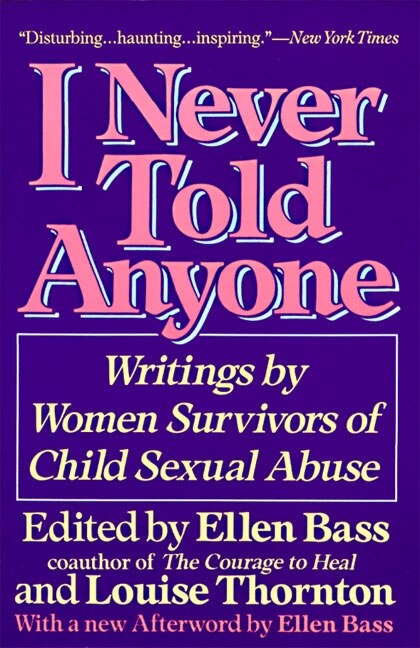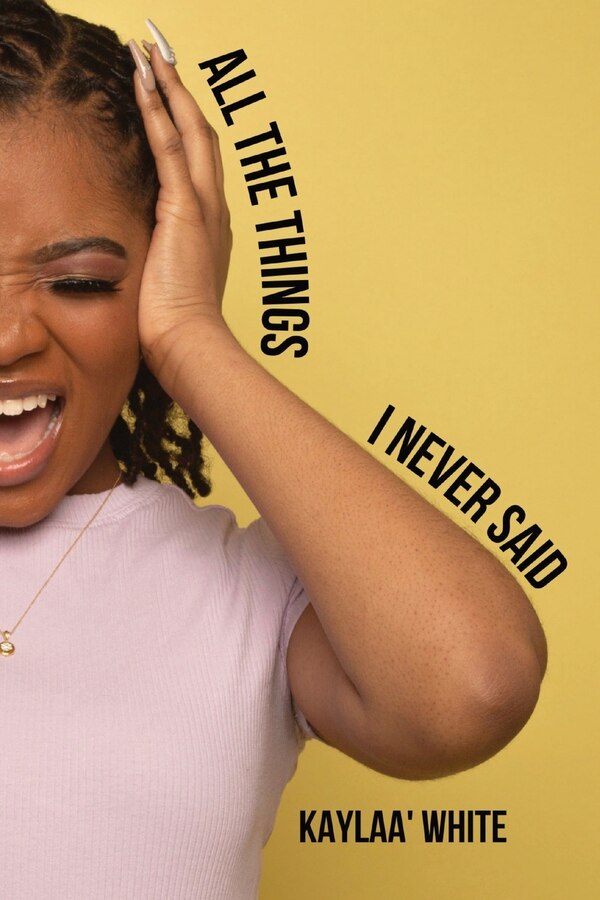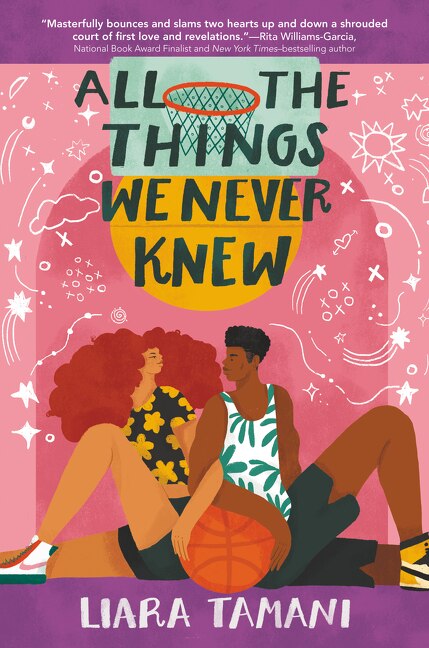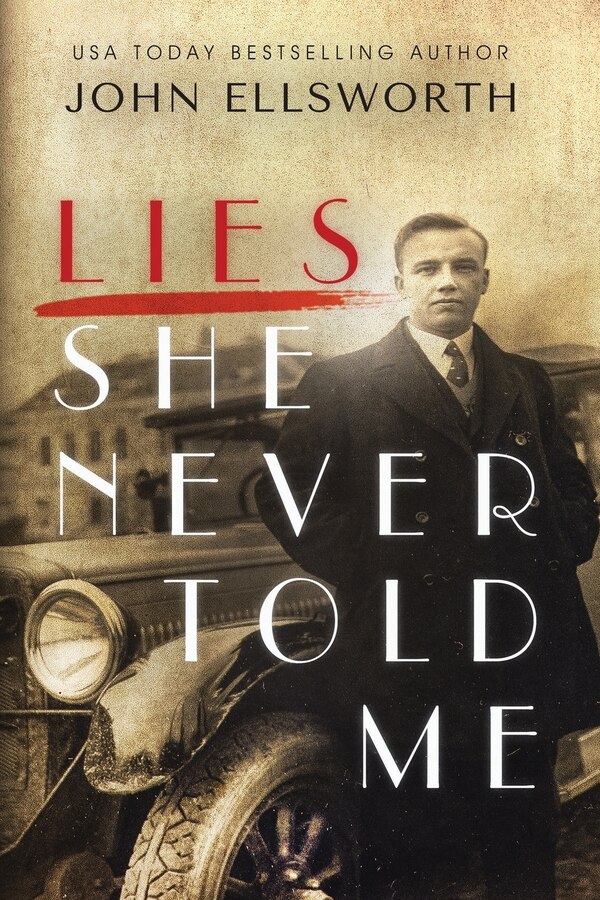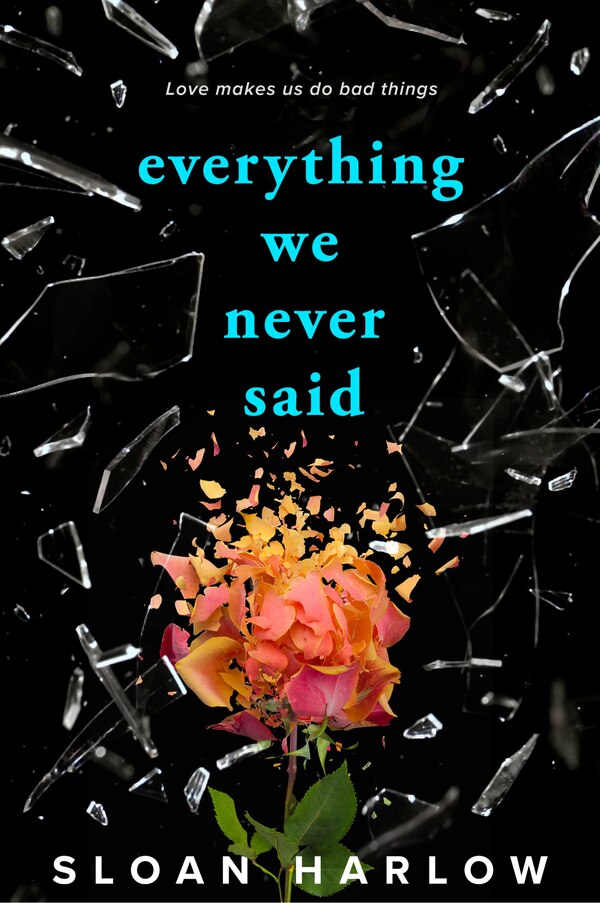Home
Everything I Never Told You by Celeste Ng, Paperback | Indigo Chapters
Loading Inventory...
Coles
Everything I Never Told You by Celeste Ng, Paperback | Indigo Chapters
From Celeste Ng
Current price: $23.00
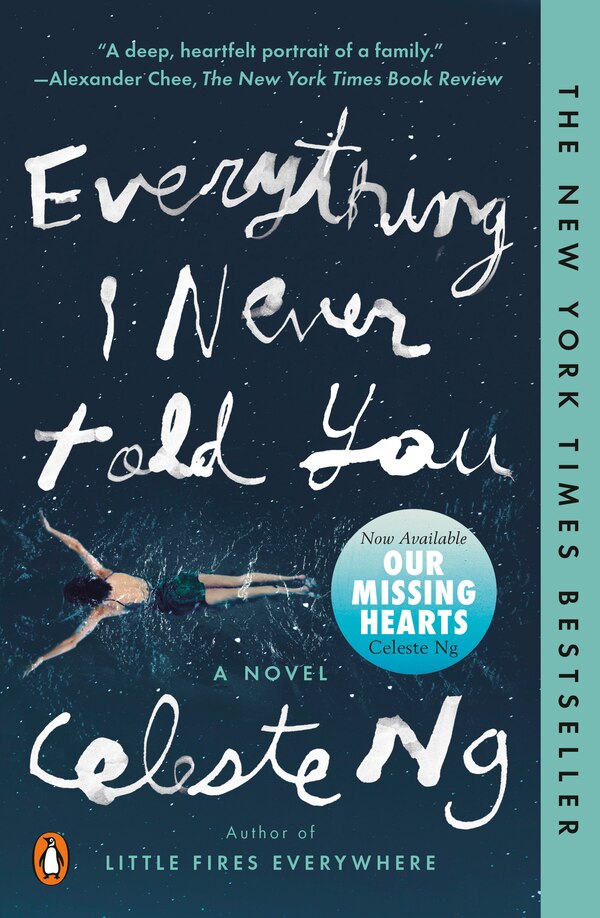

Coles
Everything I Never Told You by Celeste Ng, Paperback | Indigo Chapters
From Celeste Ng
Current price: $23.00
Loading Inventory...
Size: 0.53 x 7.76 x 0.5125
*Product information may vary - to confirm product availability, pricing, shipping and return information please contact Coles
A Conversation with Celeste Ng What compelled you to write this book? My stories almost always begin with images—in this case, the image of a young girl falling into deep water. I started writing to figure out how she got there: Was she pushed? Did she slip? Did she jump? As I wrote my way into the book, I discovered it was a story about not just the girl but about her family, her family’s history, and everything in her life that had led her to this point—and about whether (and how) her family would be able to go on. What seemed like the end of the story actually turned out to be the center. The discovery of Lydia’s death spurs countless questions for her family. How did you approach writing about loss and grief? When you lose someone you love, especially suddenly, there’s immense regret and immense self-doubt. It’s impossible not to ask yourself questions: Could you have saved them in some way? Could you, by leaving five minutes later or arriving a day earlier or saying just the right words, have changed what happened? Inevitably, you reconsider and reassess the relationship you had with that person, and it can be hardest if that relationship was strained. James, Marilyn, Nath, and Hannah each feel a lot of guilt about their relationships with Lydia—and the ways that, deep down, they know they’ve pressured, disappointed, or failed her—and that complicates their reactions to her death. Any act of writing is an act of empathy: you try to imagine yourself into another person’s mind and skin. I tried to ask myself the questions the characters would have asked themselves. The relationships between the siblings—Nath, Lydia, and Hannah—are immediately recognizable and so well-drawn. They love each other, but they also get angry, jealous, and confused and take it out on each other. Can you speak to their dynamics? Did you draw on your own childhood? Sibling relationships are fascinating: you have the same parents and grow up alongside each other, yet more often than not, siblings are incredibly different from one another and have incredibly different experiences even within the same family. You share so much that you feel you should understand one another completely, yet of course there’s also enough distance between you that’s almost never the case. It gets even more complicated when one sibling is clearly the favorite in the family: the family constellation can get really skewed when one star shines much brighter than the rest. My own sister is eleven years older than I am. Because she was so much older, we never really fought; I actually think our relationship was stronger because we weren’t close in age. At the same time, though, I missed her terribly when I was seven and she went off to college—that informed Lydia’s feelings of abandonment when Nath heads to Harvard. And I always idolized my sister; there’s definitely an aspect of that in Hannah’s relationship with Lydia. You began writing the book before you had your son. How did becoming a parent affect your approach to your characters and their stories, especially James and Marilyn? Even before I had children, I often found myself focusing on parents and children in my fiction. Your relationship with your parents is maybe the most fundamental and the most powerful, even more than friendship or romantic love: it’s the first relationship you ever have, and it’s probably the greatest single influence on your outlook and the kind of person you become. Most of us spend our lives either trying to live up to our parents’ ideals or actively rebelling against them. When I started writing the novel—having never been a parent—I definitely identified more with the children, especially Lydia. After my son was born, though, I became much more sympathetic to Marilyn and James. I started to understand how deeply parents want the best for their children, and how that desire can sometimes blind you to what actually is best. This isn’t to say that I “switched sides"; only that becoming a parent made my perspective more balanced, I think, and made the book more nuanced. Now I identify with the parents at least as much as I identify with the children. The book is set in Ohio in the 1970s. You grew up in Pennsylvania and Ohio—how did your time there inform the book? Both of the small suburbs I grew up in—first outside of Pittsburgh, then outside of Cleveland—had a small-town feel. My first elementary school was tiny, one of those schools where the gym is also the cafeteria and the auditorium, and on my street the neighbor kids all played together. But more than that, I remember a distinct sense of restlessness in the air while I was growing up, a feeling that if you wanted an | Everything I Never Told You by Celeste Ng, Paperback | Indigo Chapters


